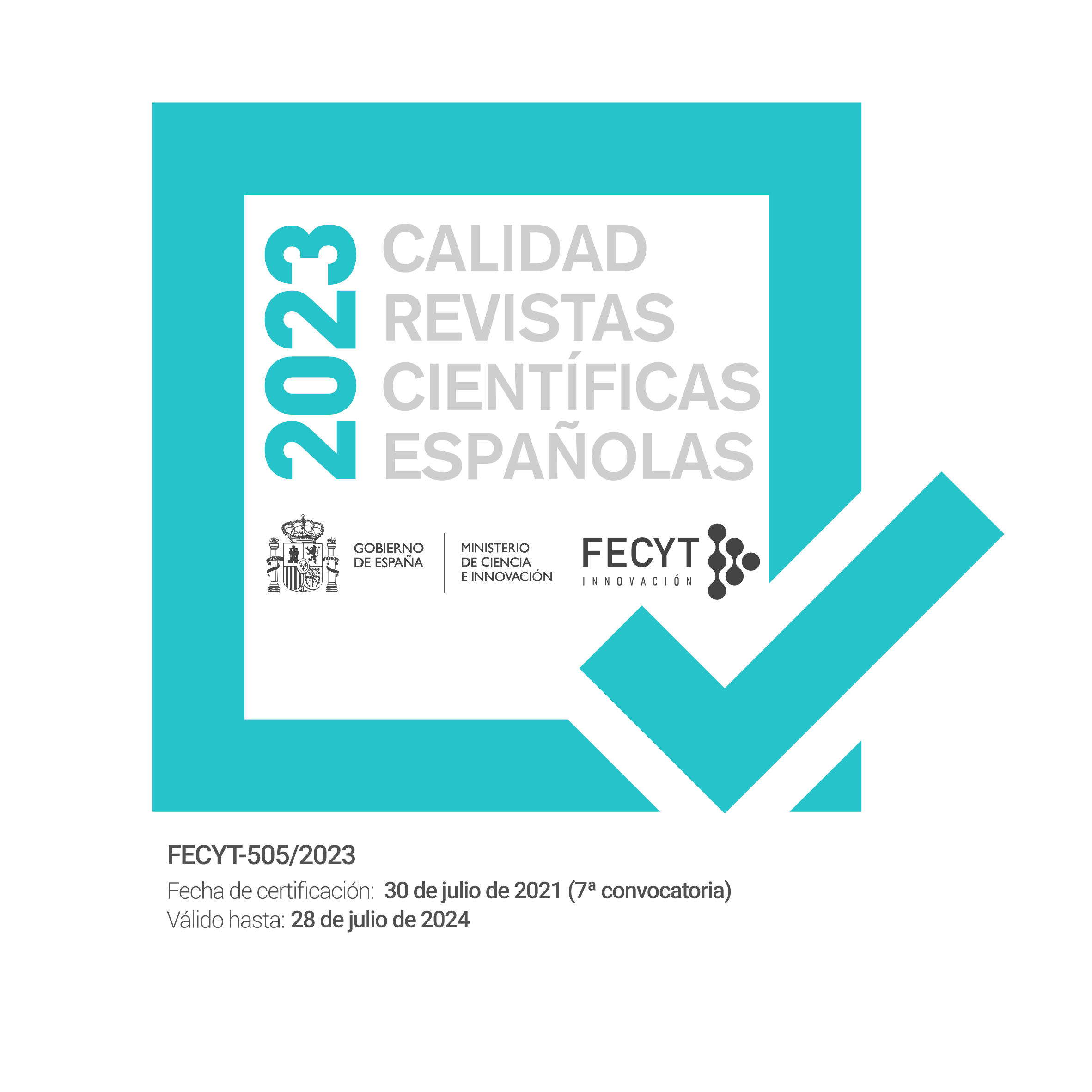Activismo epistémico y la epistemología del empoderamiento
Resumen
Epistemic Activism and the Epistemology of Empowerment
Resumen: Este artículo argumenta que la teoría de la agencia epistémica compartida de Fernando Broncano llama a un análisis de cómo compartir la agencia epistémica resistente para entender cómo luchar contra los daños epistémicos agenciales en comunidades de resistencia y a través de lo que el autor denomina activismo epistémico. El autor sostiene que la epistemología de la dependencia de Broncano necesita ser suplementada con una epistemología del activismo y del empoderamiento que muestre cómo los daños agenciales epistémicos pueden ser reparados, cómo los obstáculos estructurales e institucionales que constriñen la agencia epistémica de grupos oprimidos pueden ser desmantelados, y cómo la falta de agencia epistémica de grupos marginados puede subsanarse con el empoderamiento epistémico de estos grupos.
Abstract: This article argues that Fernando Broncano’s theory of shared epistemic agency calls for an analysis of how to share resistant epistemic agency in order to understand how to fight against agential epistemic harms in communities of resistance and through what the author terms epistemic activism. The author maintains that Broncano’s epistemology of dependence needs to be supplemented with an epistemology of activism and empowerment that shows how agential epistemic harms can be repaired, how structural and institutional obstacles that constrain the epistemic agency of oppressed groups can be dismantled, and how the epistemic agency of marginalized groups can be restored through the epistemic self-empowerment of those groups.
Palabras clave: Activismo epistémico, agencia epistémica, epistemología de la dependencia, empoderamiento epistémico.
Keywords: Epistemic activism, epistemic empowerment, epistemic agency, epistemology of dependence.
Texto completo:
PDFReferencias
Medina, J. [en prensa], The Epistemology of Protest: Silencing, Epistemic Activism and the Communicative Life of Resistance, Oxford y Nueva York: Oxford University Press.
Medina, J. 2021, “Agential Epistemic Injustice and Collective Epistemic Resistance in the Criminal Justice System”, Social Epistemology, 35: 2, Special Issue: Epistemic Injustice and Collective Wrongdoing: 185-96.
Medina, J. 2013, The Epistemology of Resistance: Gender and Racial Oppression, Epistemic Injustice, and Resistant Imaginations, Oxford y Nueva York: Oxford University Press.
Medina, J. y Whitt, M. 2021, “Epistemic Activism and the Politics of Credibility: Testimonial Injustice Inside/Outside a North Carolina Jail”, en H. Grasswick y N. McHugh (ed.), Making the Case: Feminist and Critical Race Philosophers Engaging Case Studies, Albany: SUNY Press, 293-324.
Broncano, F. 2020, Conocimiento expropiado, Madrid: Akal.
Mansbridge, J. 2001, “The making of oppositional consciousness”, en J. Mansbridge y A. Morris (ed.), Oppositional Consciousness: The Subjective Roots of Social Protest, Chicago: University of Chicago Press, 1-19.
Pohlhaus Jr., G. 2012, “Relational Knowing and Epistemic Injustice: Toward a Theory of ‘Willful Hermeneutical Ignorance’”, Hypatia, vol. 27, 4: 715-35.
Segato, R. L. 2013, La escritura en el cuerpo de las mujeres asesinadas en Ciudad Juárez, Buenos Aires: Tinta Limón.
Enlaces refback
- No hay ningún enlace refback.


Esta obra está bajo una licencia de Creative Commons Reconocimiento-NoComercial-SinObraDerivada 4.0 Internacional.
